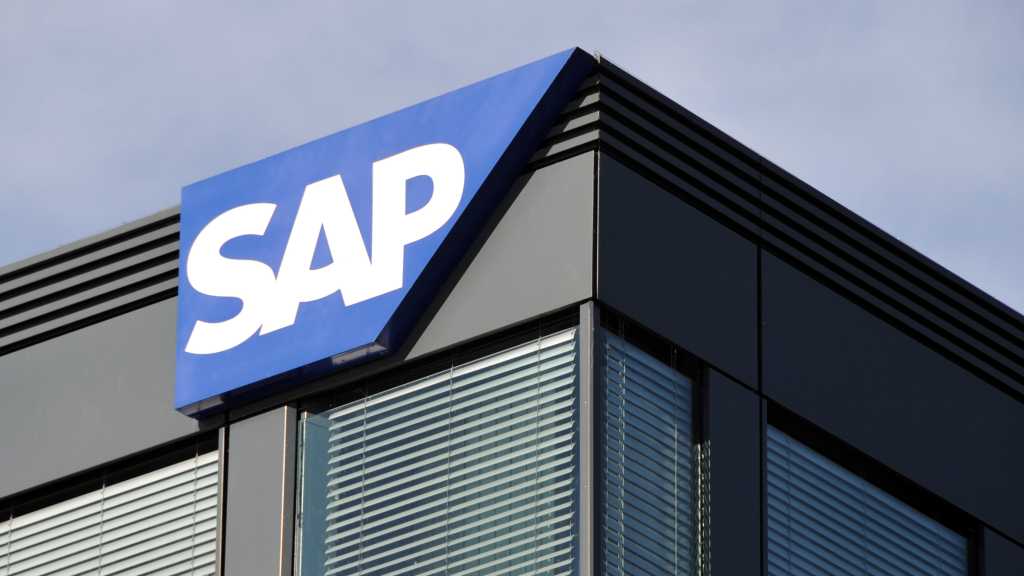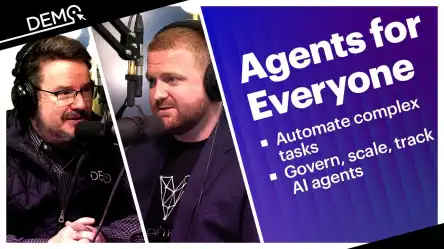The decision revives claims that SAP illegally tied its enterprise apps to its database tech, setting up a 2026 trial that could reshape how vendors like Oracle, Microsoft, and Salesforce bundle software.

The US Supreme Court has declined to hear SAP’s appeal in an antitrust case brought by Teradata, allowing the data analytics firm to move forward with claims that the German software maker illegally tied its enterprise applications to its own database technology.
The decision leaves in place a lower court ruling that revived Teradata’s 2018 lawsuit, setting the stage for a trial in April 2026 that could test the limits of competitive behavior in the enterprise software market.
[ Related: SAP news and analysis ]
The outcome will determine whether SAP’s integration of its business-planning software with its proprietary database system crossed the line from innovation to market exclusion in a sector dominated by a few global players.
The trial’s result could also influence how software vendors such as Oracle, Microsoft, and Salesforce structure their product ecosystems to avoid similar antitrust risks.
Commenting on the decision, SAP said, “We are disappointed the Supreme Court has declined to review these important legal issues. We remain confident in our position, reject Teradata’s claims, and look forward to resolving the matter in the trial court. In the meantime, SAP remains focused on delivering innovative solutions and value to our customers worldwide.”
Antitrust consequences
The court’s refusal to take up the case is not just a legal setback for SAP. Analysts say it could mark a turning point in how regulators and courts view market dominance in enterprise technology.
“Allowing the suit to go forward may encourage more legal scrutiny of how dominant software vendors leverage their platforms,” said Tulika Sheel, senior VP at Kadence International. “It could embolden smaller firms and challengers to push back against perceived tying or exclusionary tactics. In short, it signals that market power in enterprise software won’t be immune from antitrust claims, which may push incumbents to be more cautious in how they bundle or integrate.”
The judiciary’s stance also suggests that integration cannot automatically be equated with innovation if the effect may be market foreclosure, said Sanchit Vir Gogia, chief analyst and CEO at Greyhound Research. “The dispute now moves into discovery, potentially exposing the commercial mechanics that bind enterprise buyers to closed ecosystems,” he said.
Impact across the ecosystem
A win for Teradata could force incumbents to decouple key capabilities and offer more modular options to avoid anticompetitive positioning, according to analysts.
Vendors might become more transparent about what’s included vs. optional, price components separately, and design their ecosystems to avoid giving unfair advantage. It might also encourage more open standards and interoperability, as customers demand choice instead of closed “all-in” stacks.
“If Teradata eventually wins, it could reshape how major vendors like SAP, Oracle, and Microsoft structure and price their platforms,” Sheel said. “We might see a shift toward more modular offerings, clearer pricing transparency, and an emphasis on interoperability rather than closed ecosystems. Ultimately, this could be a positive turn for enterprise buyers who want flexibility, fairness, and choice.”
Gogia added that the Supreme Court’s refusal to intervene in the case also reflects the judiciary’s willingness to re-examine how digital markets are structured. It indicates an evolving regulatory philosophy where integration is presumed suspect until proven beneficial, he said.








